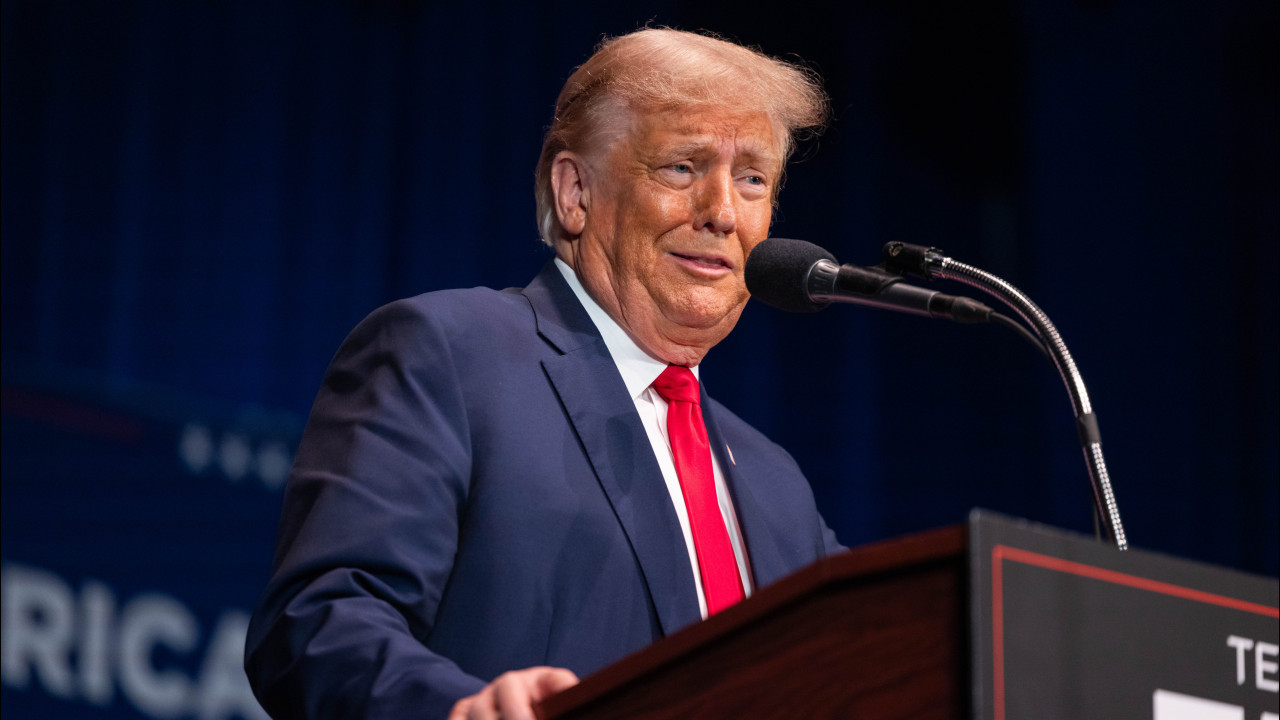
ATrump’s declarations of his financial situation were fundamental in the approval of a loan of 125 million dollars (about 117.7 million euros) in 2011 for his golf resort in Doral, Florida, and a loan of 107 million of dollars (about 100.7 million euros) in 2012 for his hotel and skyscrapers in Chicago, testified Nicholas Haigh, former head of risk management at Deutsche Bank.
These statements also helped Trump secure larger loans and lower interest rates, said Haigh, who headed the risk group at the bank’s private wealth management unit from 2008 to 2018.
In September, a judge ruled that Trump and his company, the Trump Organization, committed years of fraud by overstating the value of Trump’s assets and net worth in the financial statements he gave to banks, insurance companies and others to do business and guarantee loans.
Trump’s longtime finance chief, Allen Weisselberg, acknowledged in testimony Tuesday that the information contained in financial statements was not always accurate.
Trump denies any wrongdoing, emphasizing disclaimers in the documents that he says warn creditors to do their own homework. Trump said the banks he did business with were not harmed, made a lot of money from their dealings and “to this day have no complaints.”
Haigh is testifying in a trial in New York Attorney General Letitia James’ fraud case against Trump, his company and top executives.
It’s the first time a bank employee is testifying in court about the impact Trump’s financial statements had on his ability to obtain loans.
Deutsche Bank rules required Trump to act as guarantor on the Doral and Chicago loans, as well as put up the Miami resort and Wabash Ave skyscraper as collateral, meaning he would be required to repay the loans if its properties failed.
Deutsche Bank’s private wealth management unit, which handled the loans, would not have approved them without a “strong financial guarantee” from Trump, Haigh said.
Haigh said he reviewed Trump’s financial statements before approving the loans and, at the time, had no reason to doubt their validity.
The documents portrayed Trump as a wealthy businessman who invested heavily in golf courses and other real estate, with strong cash flow and little debt, Haigh said.
Representatives from Deutsche Bank also met with executives from the Trump Organization to review the information, he added.
“I assumed that the representations of assets and liabilities were largely accurate,” Haigh said of Trump’s financial statements.
Trump’s 2011 financial statement listed his net worth as $4.3 billion (about €4 billion). Haigh said he used that figure to define a loan condition that required Trump, as guarantor, to maintain a minimum net worth of $2.5 billion (about 2.3 billion euros), excluding any amount arising from your celebrity.
Trump, the leading Republican candidate in next year’s election, attended the first three days of the trial last week, watching testimony, consulting with lawyers and complaining about the case to television cameras outside the courtroom. He is expected to return to court as a witness at the end of the trial.
Read Also: Kennedy Jr. should launch independent candidacy against Biden and Trump
All News. By the Minute.
Seventh consecutive year Consumer Choice for Online Press.
Download our free App.

Source: https://www.noticiasaominuto.com/mundo/2418306/declaracoes-fraudulentas-deram-a-trump-milhoes-de-dolares-em-emprestimos



